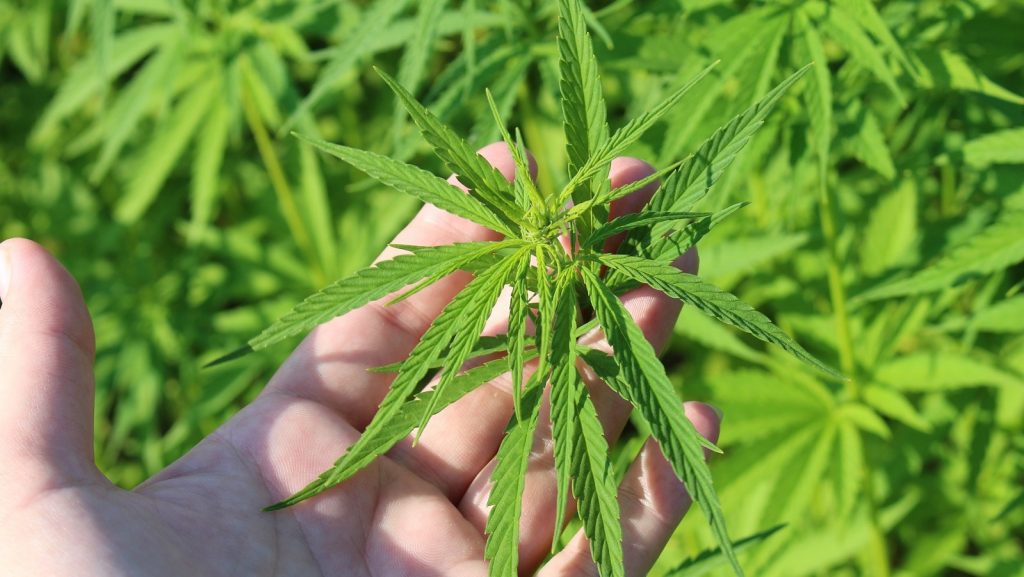In a move that signals a major leap forward in generative AI, OpenAI has quietly rolled out ChatGPT-5, its most advanced model to date….
SA’s first cannabis incubator forced to reschedule workshop after demand hits a high

Africanna Innovation, which claims to be SA’s first cannabis incubator has had to reschedule a Joburg workshop it was to present on opportunities for tech entrepreneurs and farmers in cannabis (dagga), after unforeseen public demand.
It follows the last year’s Constitutional Court ruling which legalised the private growing and personal consumption of dagga. The selling of dagga however remains illegal.
The Eco War (Economic Cannabis Initiatives) event, hosted by House of Hemp and Africanna Innovation, was to have been held last Saturday (27 July), but has had to be moved to a bigger venue on 10 August at Birchwood Hotel in Boksburg, Owner of House of Hemp Dr Thandeka Kunene told Ventureburn yesterday.
Those who want to attend the event on 10 August must register on Africanna Innovation’s website to do so.
SA’s first cannabis incubator will now hold a workshop on the economic opportunities in dagga on 10 August
Kunene, who is also a non-executive vice-chairman of Africanna Innovation, said the organisation was expecting about 100 people to attend, but was forced to cancel the event when it received over 800 requests from members of the public to attend the workshop.
She said she expects that similar workshops will be held in each province across the country.
The growing and use of dagga is expected to be strictly controlled and already various kinds of permits have been developed — including those for medical and research purposes. Kunene said a permit for responsible adult use — which will allow adults to cultivate their own dagga legally, has not yet been released.
Earlier this year House of Hemp received the first Cannabis Cultivation Licence from the SA Health Products Regulatory Authority.
Opportunities for tech startups
Africanna Innovation says the dagga industry is exploding globally, with opportunities for entrepreneurs from farming to pharmaceuticals, to textiles to construction. In all this there are also opportunities for tech startups.
Kunene told Ventureburn that the legalisation last year of the private growing and personal consumption of dagga holds several opportunities for tech entrepreneurs — around such things as online payment applications and track-and-trace applications to enable those that hold one of the various kinds of permits to stay within the law.
“There are a million rastas (in South Africa) who are willing to supply themselves,” she added.
The area of track and trace technologies includes the application of things like sensors and mapping tech to help farmers who gain permits to stick within the strict permit requirements for the cultivation of dagga.
Track-and-trace technologies she said will allow those policing permit holders to ensure that plants high in Tetrahydrocannabinol (THC) are not placed next to those low in THC.
Kunene pointed out that in a recent visit to Panama she was shown track-and-trace technology that made a DNA imprint on dagga seeds. Another kind was able to make prints on leaves. Such technology enables regulators to trace dagga right up to its sale.
For some startups then, last year’s Constitutional Court ruling might bring a new meaning to the phrase “getting high”.
Featured image: TinaKru via Pixabay

